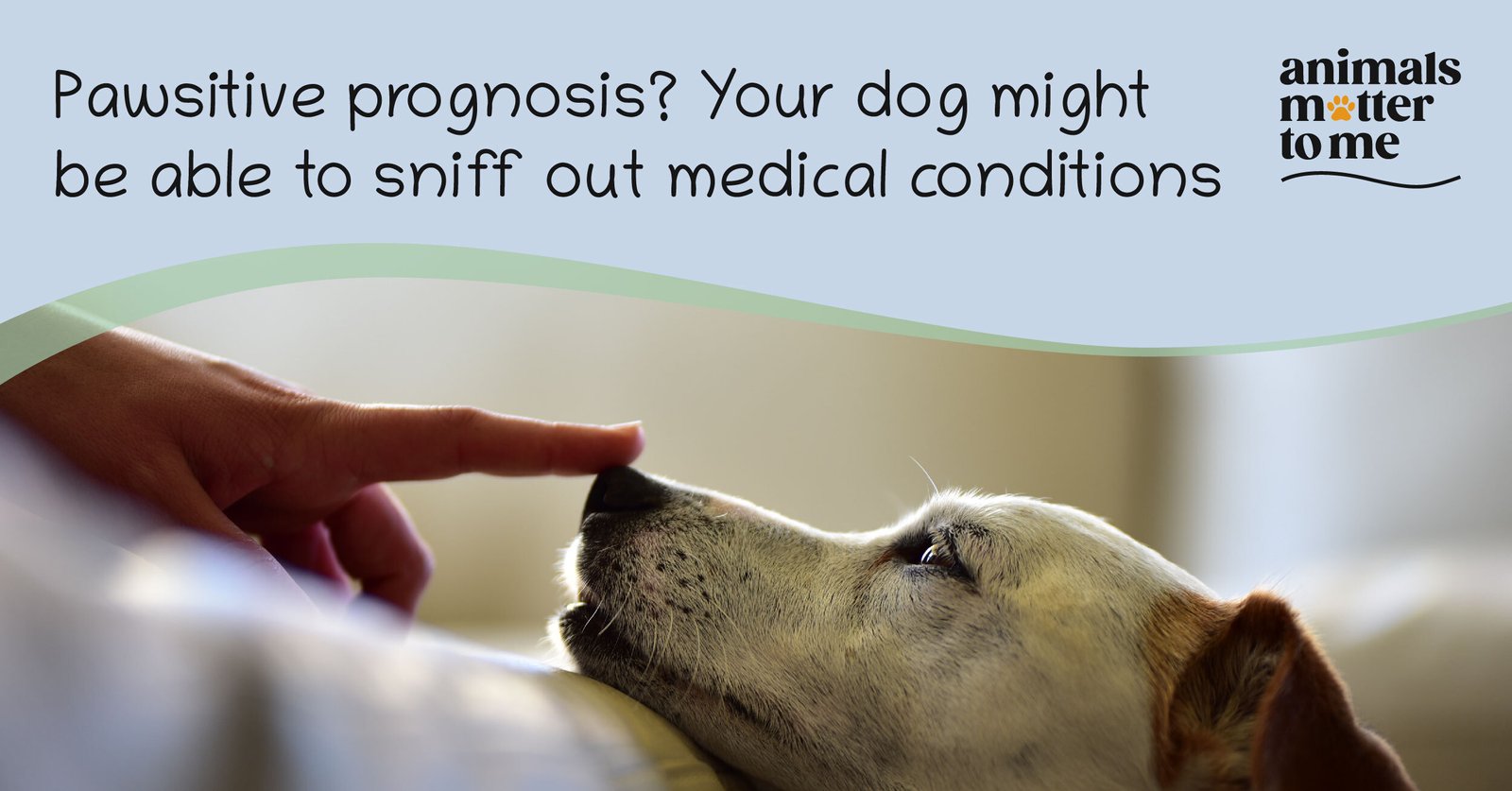Dogs have an incredible sense of smell. They are used not only at security checkpoints at airports but also at public events like trade fairs and craft exhibitions where the expected footfall is in thousands. This is mainly because their sense of smell is far more sensitive than that of humans, and they can pick up on subtle changes in the chemical composition of bodily fluids, tissues, and breath.
Several studies and real-world examples have shown that dogs can be trained to detect specific diseases or medical conditions, including but not limited to:
Cancer: It’s a well-known fact that dogs are the best trainable resources around. They are trained by medical professionals to detect certain types of cancer “such as lung, breast, and ovarian cancer” by sniffing breath or urine samples from affected individuals.
Diabetes: Dogs can also be trained to detect changes in blood sugar levels. They are called diabetic service dogs or Diabetic Alert Dogs — DADs! They are trained to paw, nudge, lick, or stare at their human friend, if their glucose levels become dangerously high or low. A few others are also taught to jump, bark, or whine to let their humans know when their blood sugar level deviates.
Epilepsy: Some dogs have even been trained on alerting their human companion about epilepsy and upcoming seizures. The dog does this by maintaining close eye contact, circling, pawing, barking etc. as trained.
Malaria: Research has shown that dogs can identify the odour of malaria infection in sweat samples, which could be used as a non-invasive screening tool in certain regions.
Hypothyroidism: Dogs have demonstrated an exceptional ability to detect imbalances in thyroid hormones through urine samples.
Migraines: Some dogs have been able to detect chemical changes or behavioural cues in their human friends/parents before a migraine episode.
While dogs’ ability to detect diseases through their sense of smell is fascinating and promising, it’s essential to recognise that their role in disease detection must be limited to only research and experimental stages. Additional studies and validation are needed to establish the full potential and limitations of using dogs as disease detectors. The use of dogs in medical detection is a specialised field that requires rigorous training and careful handling of samples to ensure accuracy and avoid potential cross-contamination. As such, dogs are not a replacement for conventional medical tests but can complement existing diagnostic methods in certain situations.




